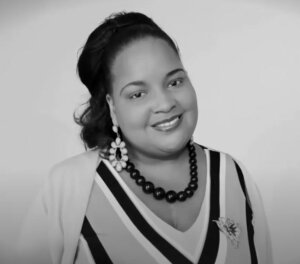
Kaamilah Gilyard
Kaamilah Gilyard always dreamed of becoming an actress. Just when she was getting ready to show the world her talents, she was diagnosed with Lupus, a chronic autoimmune disease that causes the immune system to attack the body. Her journey with Lupus has not been easy and has affected every aspect of her life, including her acting, education, job security, family, and relationships. Kaamilah used the diagnosis as motivation to prioritize her health. Kaamilah says she is a spiritual person, and believes that “God gives His hardest fights to His strongest warriors.” She is one of them, fighting not just for herself but for others with Lupus as well.
Kaamilah’s advocacy work started while she was hospitalized for more than a month. After she recuperated with at-home care, she contacted the Lupus Foundation of Pennsylvania, and they connected her with a local foundation. She spoke to State representatives and let them know that more research funding was needed for Lupus. She made it her personal goal to meet them at the State Capital, saying “I found my voice and have not shut up since.”
Kaamilah has visited Washington, D.C. on several occasions to speak with Senators and Representatives to push bills through. She was the inaugural speaker at the Congressional Lupus Caucus in 2012. She also spoke in Albany, New York, to declare May National Lupus Awareness Month. She has worked with the FDA, the Lupus Research Alliance, and the Multicultural Lupus Taskforce to get people of color and underrepresented communities involved in clinical trials. [continue reading…]


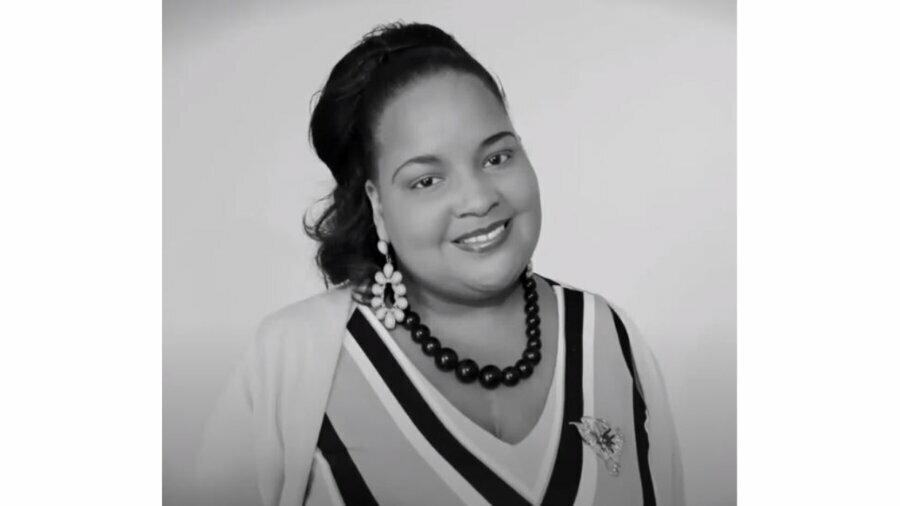
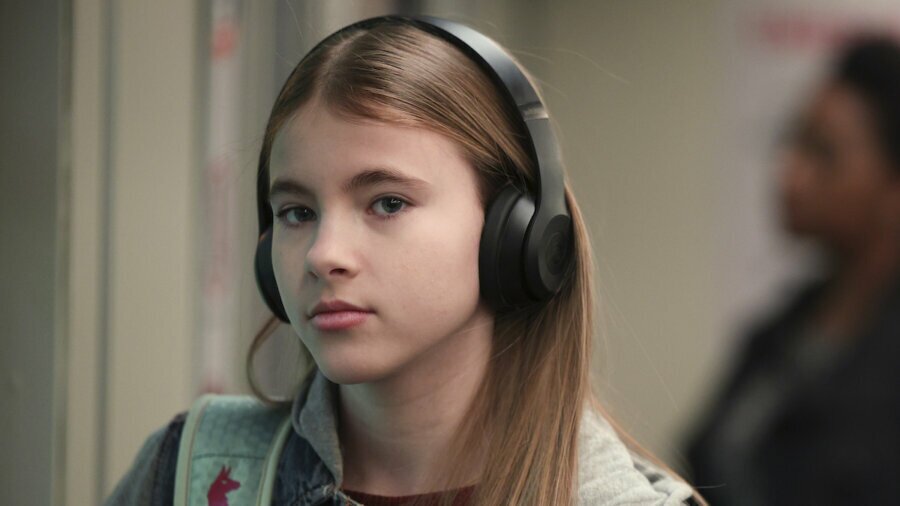
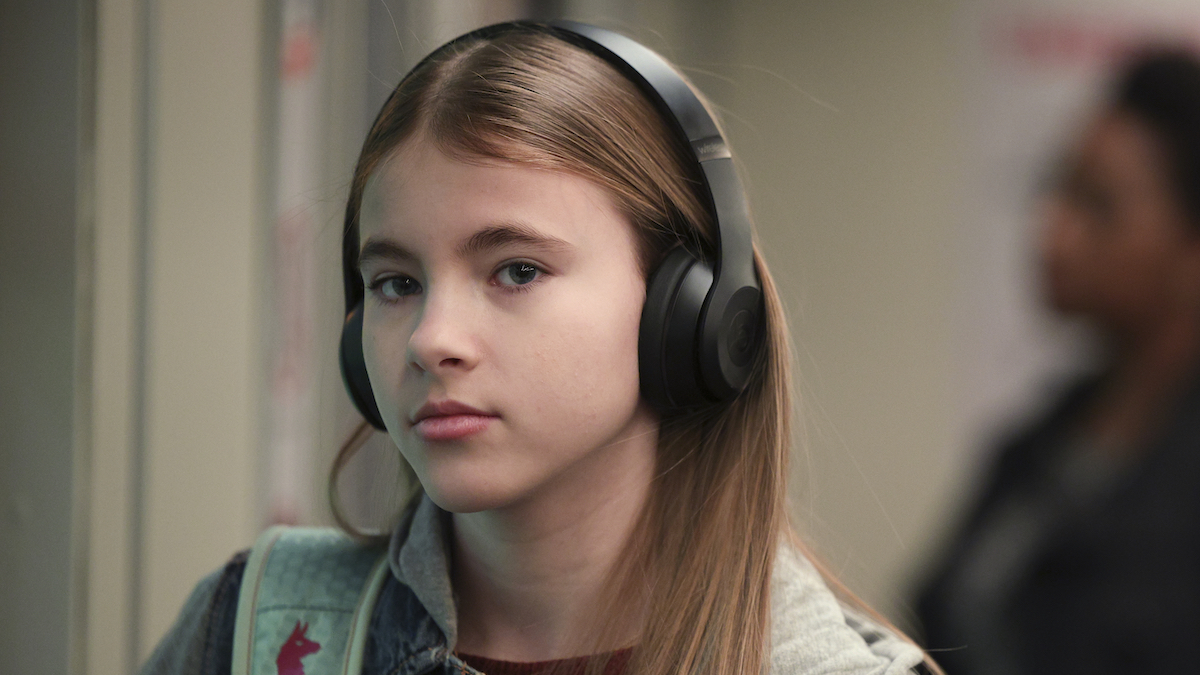
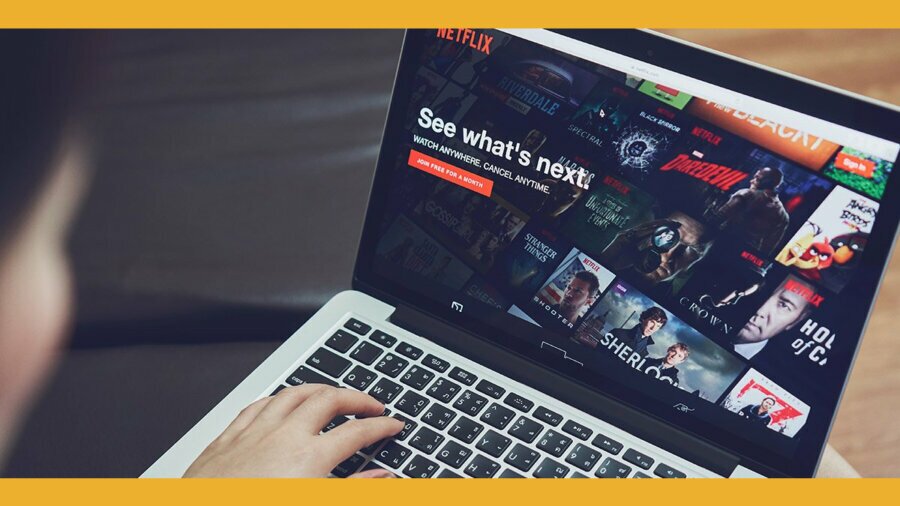
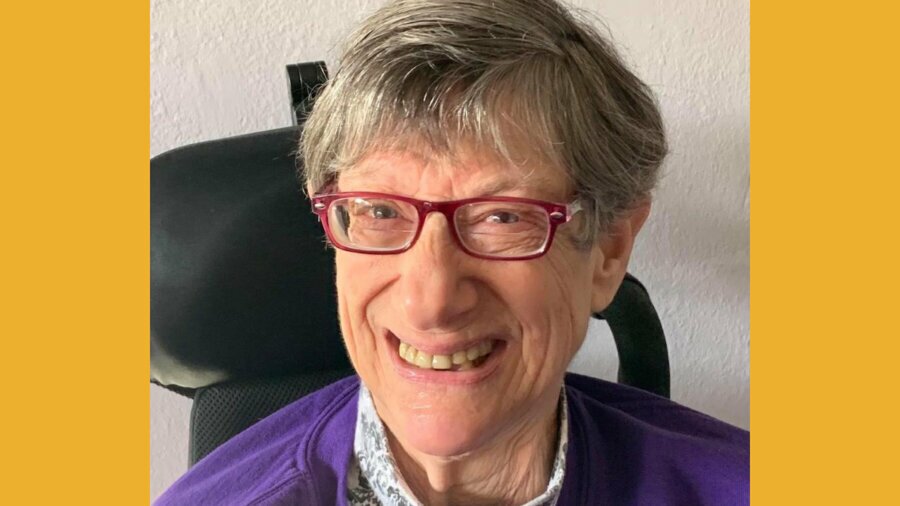
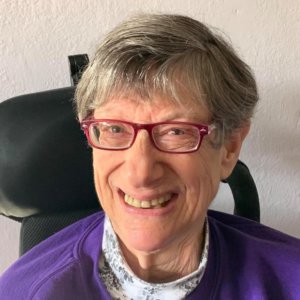
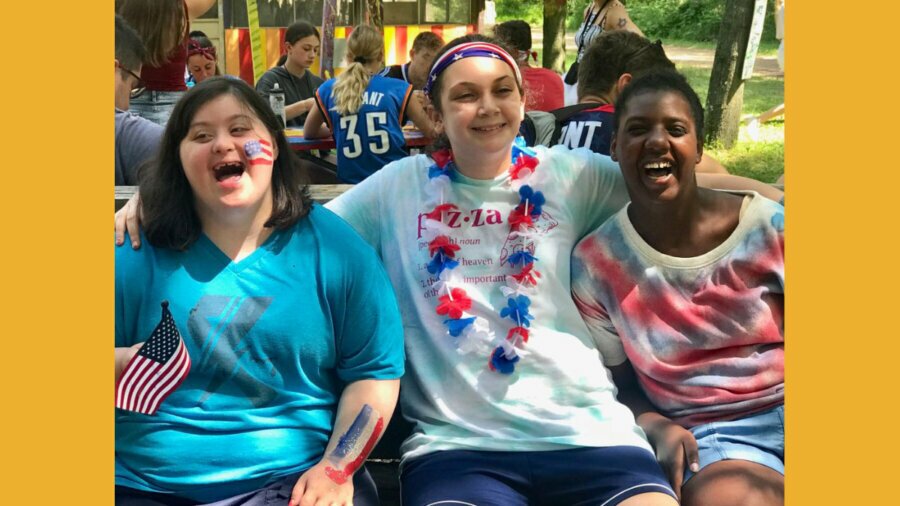
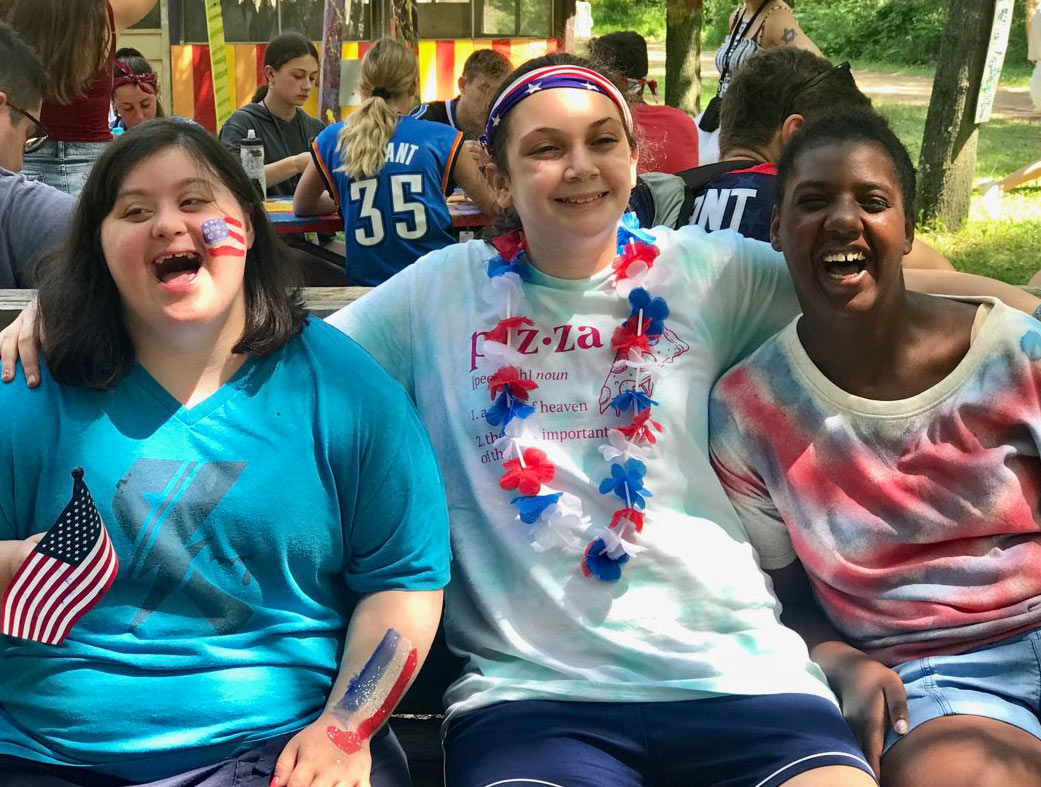

 For both campers and staff, it is important to create an environment that supports everyone’s needs. Each person coming into the camp community should feel safe physically and emotionally. Here are some suggestions and resources for increasing the well-being of campers and staff:
For both campers and staff, it is important to create an environment that supports everyone’s needs. Each person coming into the camp community should feel safe physically and emotionally. Here are some suggestions and resources for increasing the well-being of campers and staff: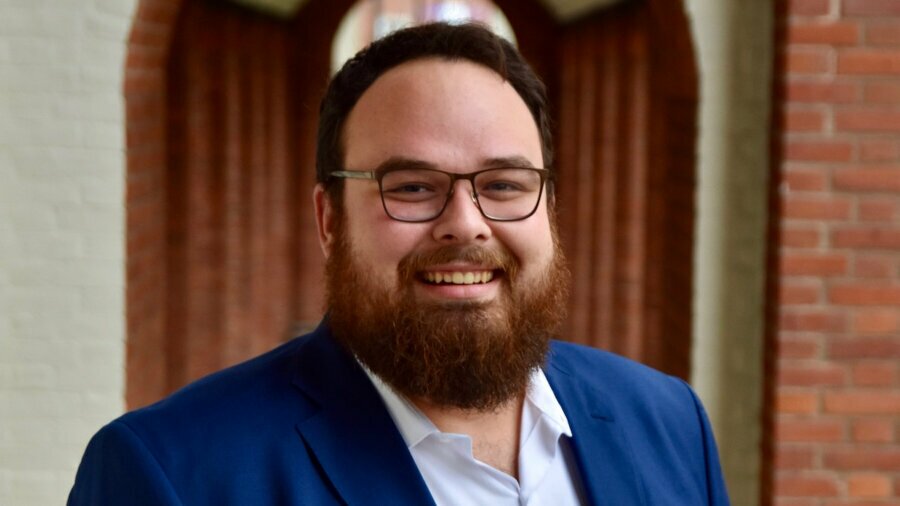
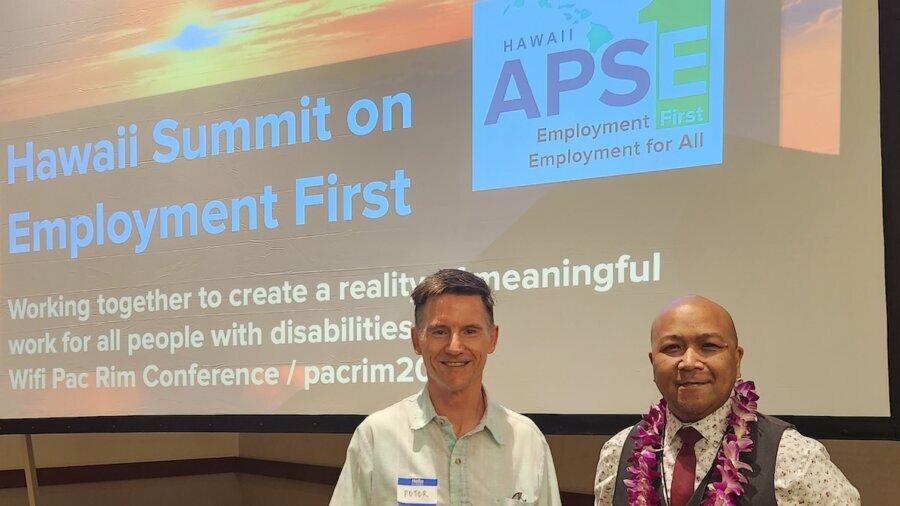
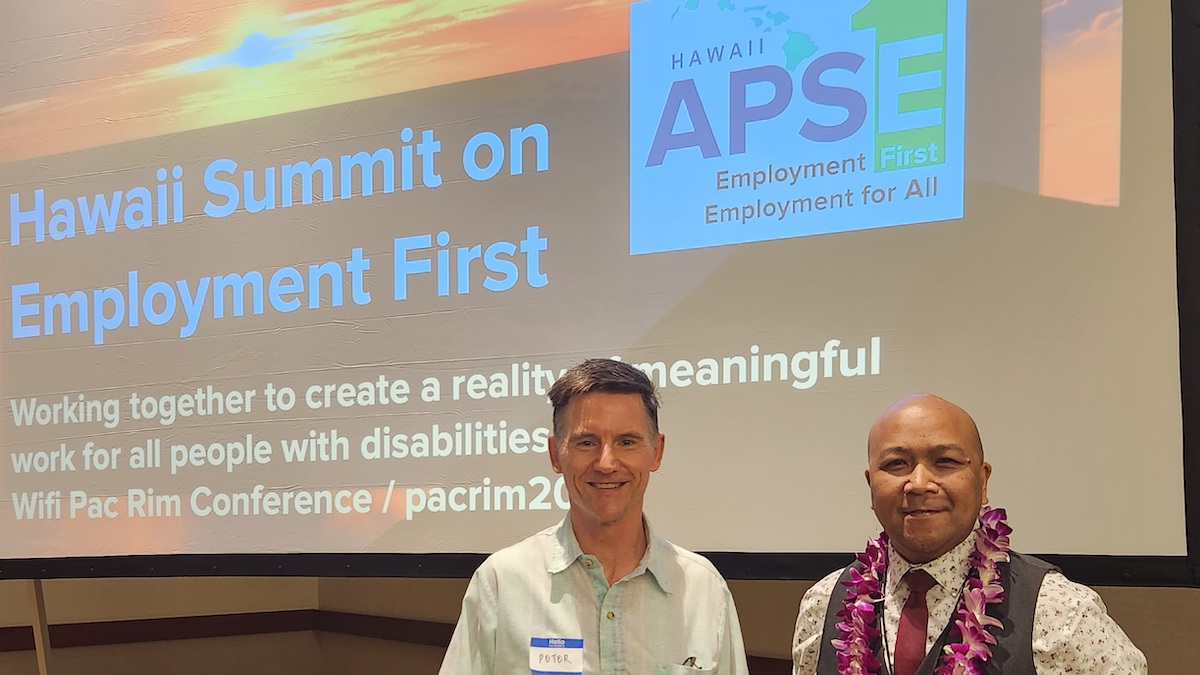
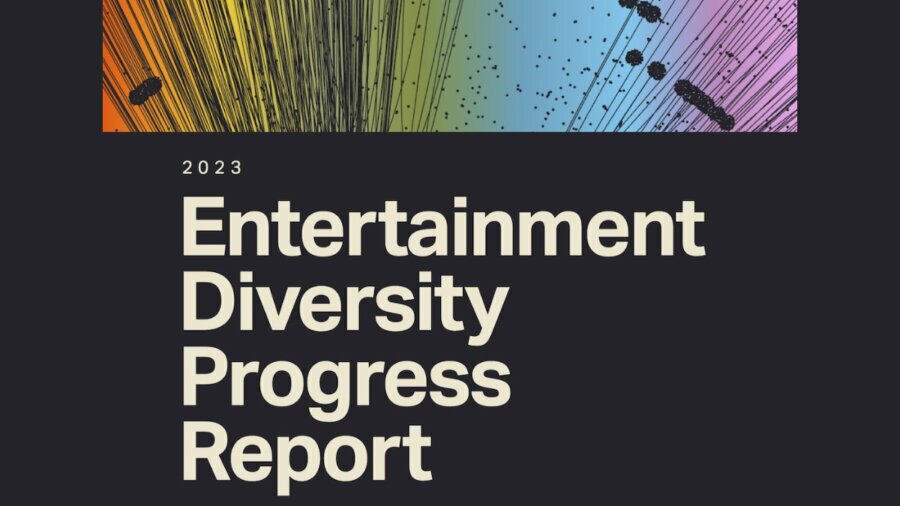
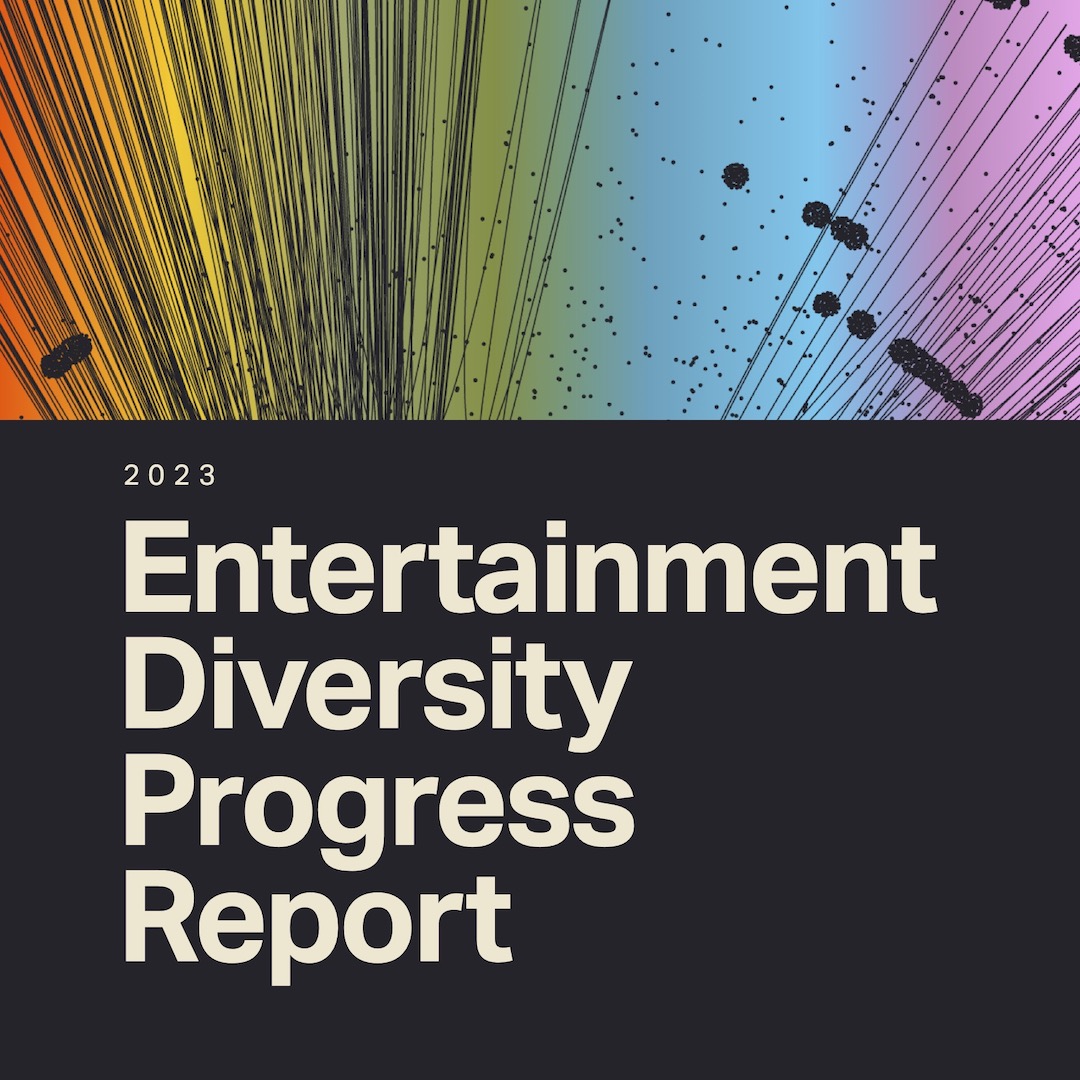
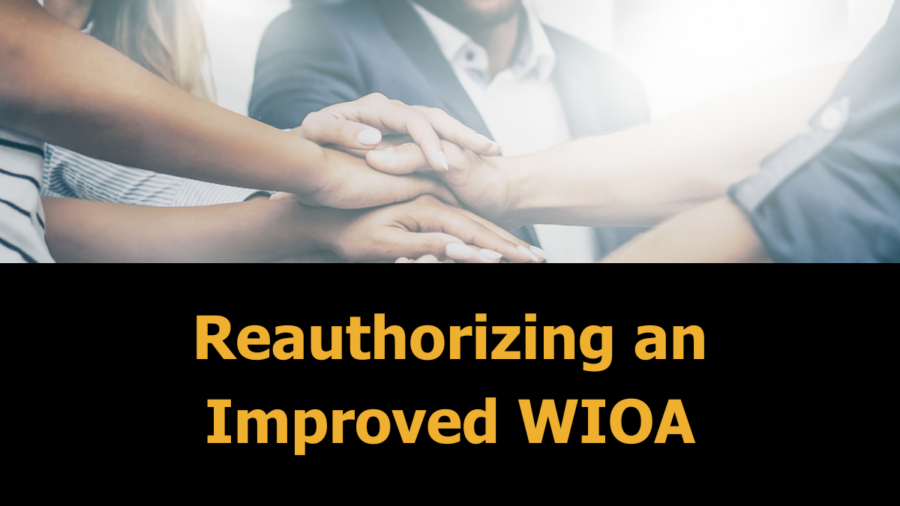
 Our nation’s workforce system is a crucial aspect of the economy. It consists of many organizations, laws, and programs that connect people to jobs. But one significant component of the modern workforce system is in need of reauthorization.
Our nation’s workforce system is a crucial aspect of the economy. It consists of many organizations, laws, and programs that connect people to jobs. But one significant component of the modern workforce system is in need of reauthorization.

